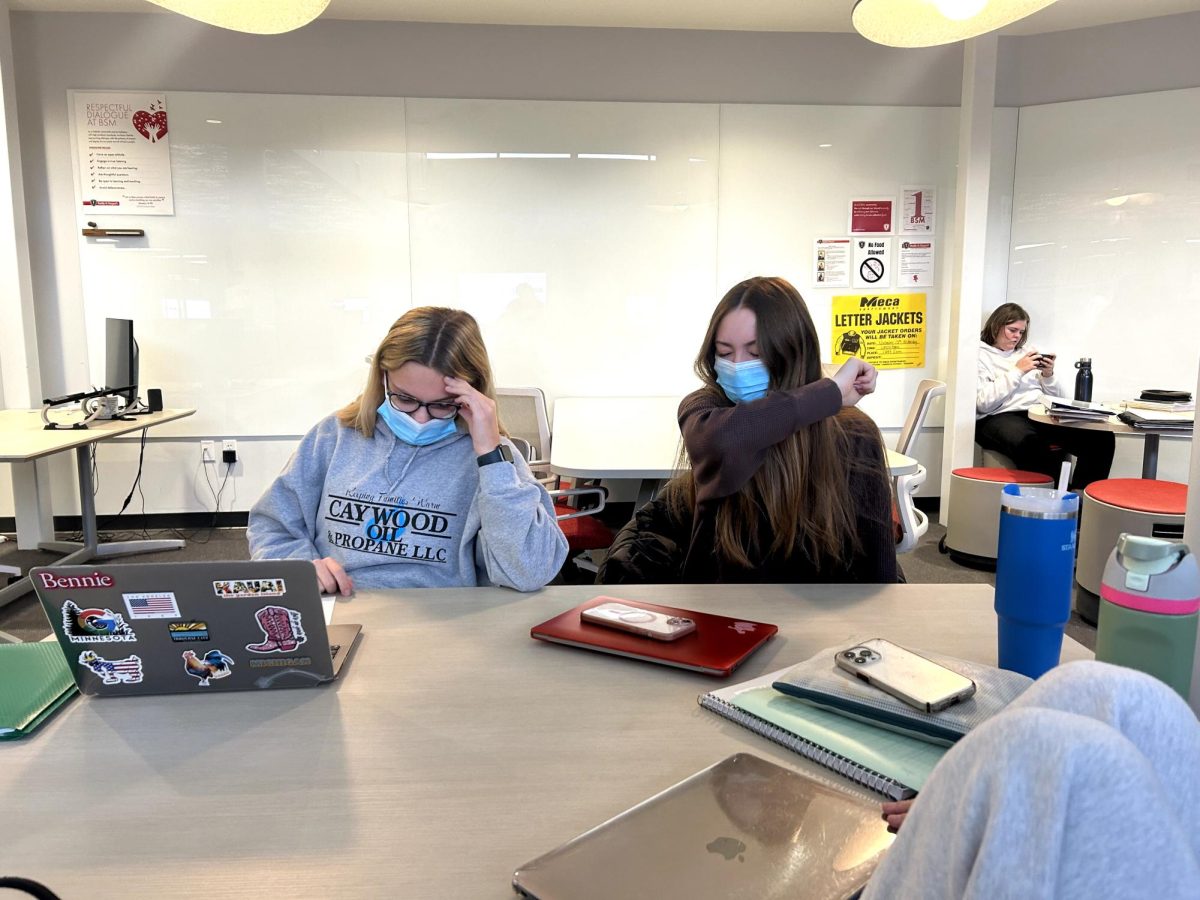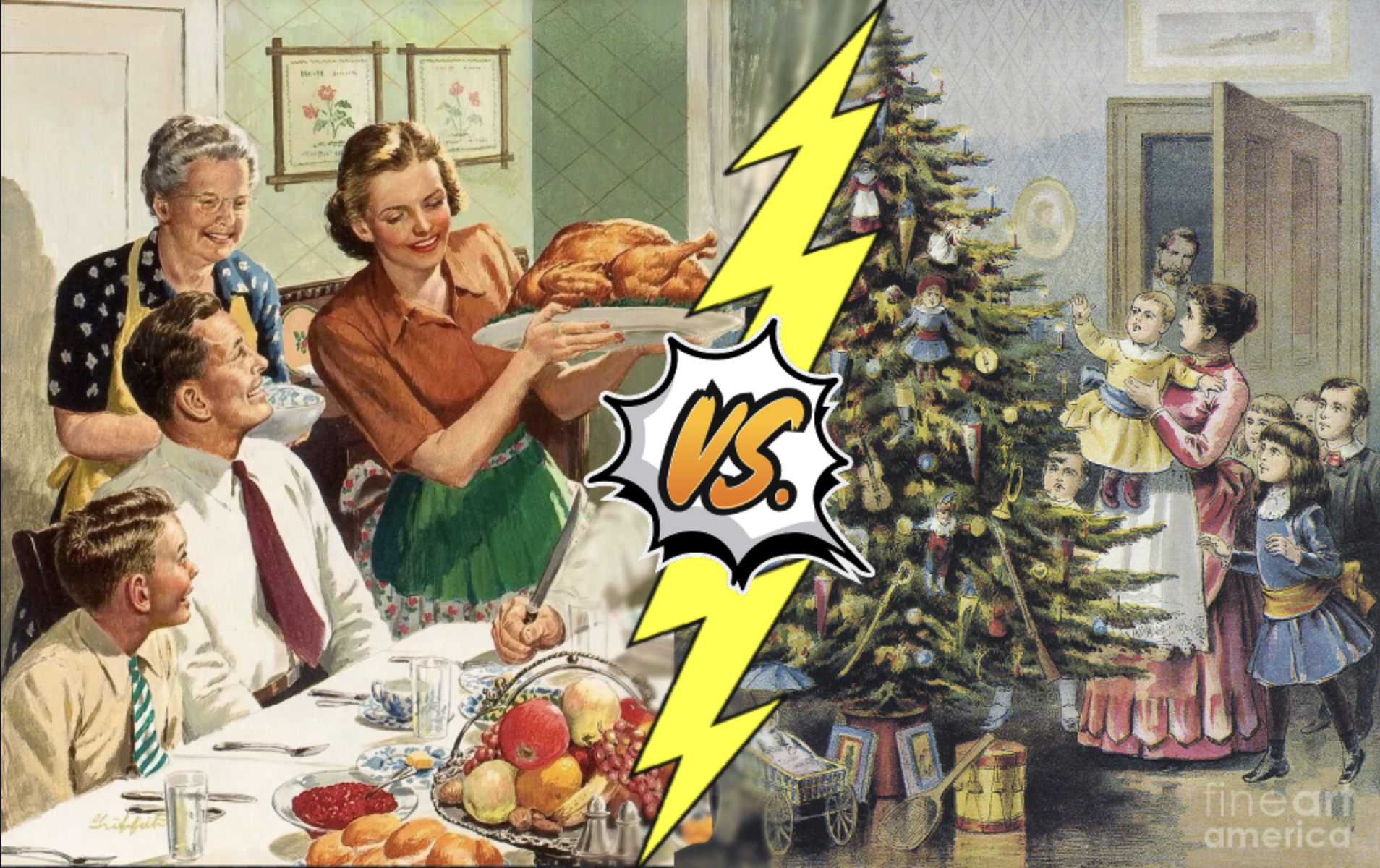Fraternities are people too
April 10, 2015
A little over 5 months ago, Rolling Stone magazine published a disturbing story written by Sabrina Erdely titled “A Rape on Campus.” This story is hard to read as it highlighted one young woman’s horrible experience with sexual assault at a fraternity house on the University of Virginia, Charlottesville campus. The young woman, given the name ‘Jackie’ in the article, claimed that she had been repeatedly raped by multiple members of the Phi Kappa Psi fraternity, including her date to the party she was attending.
Understandably, there was outrage. Many people, on and off campus, called for the university to rid of the fraternity and suspend all members. Some people went as far as to throw cinder blocks through the windows and write in spray paint on the walls of the fraternity’s house.
As it turns out, Rolling Stone admitted earlier this week, that the story was almost all fiction that came out of terrible reporting. It was a product of poor journalism and horrendous fact-checking.
There are some bad apples in the fraternity bunch. While the Rolling Stone reporter was on campus the abduction and murder of a female student had just occurred. So, there was at least some basis for reporting on such a story. However, a fundamental tenet of journalism is to avoid letting bias obstruct truth.
This is exactly what Erdely did. She allowed a prominent bias against fraternities get in the way of the truth. She listened and took as truth the story that was relayed to her by a single student. If she had decided to go in depth, she would have found that many of the facts given to her were completely false, and easily checked. She reached out only once to the fraternity, and withheld facts that could have either been used to catch the perpetrators or been used to put the story to rest, and end this fiasco before it even happened.
It seems that, all too often nowadays, the media is far too quick to condemn fraternities for anything they are accused. While these condemnations may sometimes be correct; for the most part they are simple repetitions of unfair stereotypes against people who are just as disgusted by rape, drunk driving, and any other crime fraternities are often accused of as the rest of us.
Alongside the Rolling Stone’s terrible decision to publish the story, they now also made the terrible decision to not fire anyone over this whole fracas. The writer, Sabrina Erdely, the editor, and the fact checker are all still employed at Rolling Stone. Any reasonable publication would arrive at the conclusion that the first step that should be taken in this kind of situation would be to fire anyone responsible for the massive errors.
Instead of reporting fairly and honestly, as a journalist ought, Erdely chose to go with her gut, and throw not only one fraternity, but the UVA community and fraternity community as a whole, under the bus based on unchecked and one-sided“facts.” And while the fault for this is Erdely’s alone, it is disturbingly representative of the direction that discussions on campus sexual assault have taken in this country.

















































